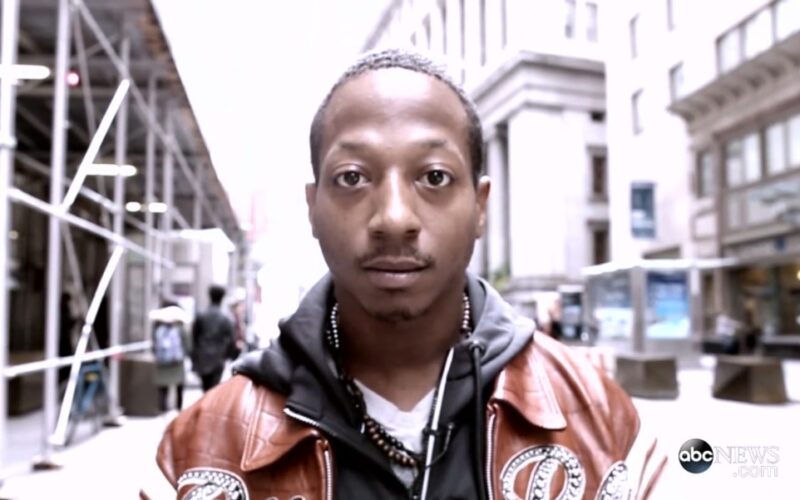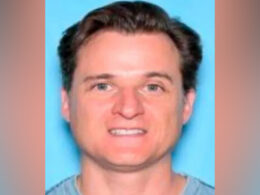Many are familiar with the tragic story of Kalief Browder. Accused of stealing a backpack and imprisoned at 16, Kalief spent the next three years on Rikers Island awaiting trial. After nearly 1,100 days, the case was dismissed once the prosecutor disclosed that there was no cooperating witness to continue to trial. Two years later, Kalief took his own life.
One of us is the grandson of a prolific New York jurist known for his bail practices and the son of a long-tenured legislator whose criminal justice advocacy led to the rollback of the Rockefeller Drug Laws. The other is a survivor of one of the most infamous miscarriages of justice in our nation’s history. Now we are both elected officials and remain fiercely committed to ensuring that the criminal justice system gets the “justice” part right.
“Discovery” refers to the evidence collected in a case that must be shared with both the prosecution and defense to ensure all sides have the information they need to prepare their case. While the prosecution has the burden to prove their case beyond a reasonable doubt, the defendant has the right to be presumed innocent and have their day in court.
Prior to New York State’s landmark 2019 reforms — including “Kalief’s Law” that changed discovery requirements — lengthy imprisonments of innocent people awaiting their day in court were all too common.
Prior to the reforms, both prosecutors and defenders referred to this time as “the blindfold era” where in many instances, crucial evidence — or discovery — that was required to be shared was not made available to defense attorneys until sometimes the eve of the trial, depriving defendants of a fair defense. This led many to make “blind pleas” to speed up the process and move on without knowing what, if any, evidence had been gathered against them.
In some cases, this meant people pled guilty to crimes they did not commit.
We needed to fix this system to ensure compliance with the U.S. Constitution’s protection for those accused of wrongdoing and for simple, basic fairness.
As it stands, the criminal justice system is much more just, and we cannot go back to the bad old days when New York provided the accused with less access to discovery than nearly any other state in the country. The right to a fair trial and the concept of innocent until proven guilty are not just constitutional requirements, they are bedrock American values. They must be protected.
As legislators, we understand that “set it and forget it” does not work when it comes to passing laws. It is important to make sure that statutes work as intended. It is our responsibility as legislators to set a balanced playing field in an inherently adversarial process.
It would be irresponsible and unnecessary to gut the reforms that have helped more New Yorkers receive justice, but there are commonsense tweaks we support:
- Ensuring legitimate cases are not dismissed because unrelated discovery items aren’t turned over.
- Making it clear exactly what types of materials must be turned over and putting the decision in the hands of judges, not the prosecutors.
- Creating a process where both prosecutors and defenders have meaningful conferrals over missing discovery so that the defendant is able to make an informed decision in making a plea and a victim receives justice.
- Allowing prosecutors better and quicker access to police records so they can obtain needed information and share it with defense attorneys more efficiently
Because district attorneys say technical defects lead to dismissals, we believe such minor changes to our discovery laws will further justice and offer peace of mind to crime victims. But, we must be vigilant against misguided attempts to erase all the good that the 2019 criminal justice reforms have done.
If you are a world-class surgeon, you use a scalpel not a sledgehammer. We implore our legislators to be just as accurate with their review of our discovery laws. Please remember that undoing a law sought to balance the scales could never lead us to a safer place.
Salaam is a city councilman from Harlem, serving as chair of the Council’s Public Safety Committee, and is a member of the “Exonerated Five,” who was wrongfully convicted and served nearly seven years in prison for a crime he did not commit. Wright is an assemblyman from Harlem.








